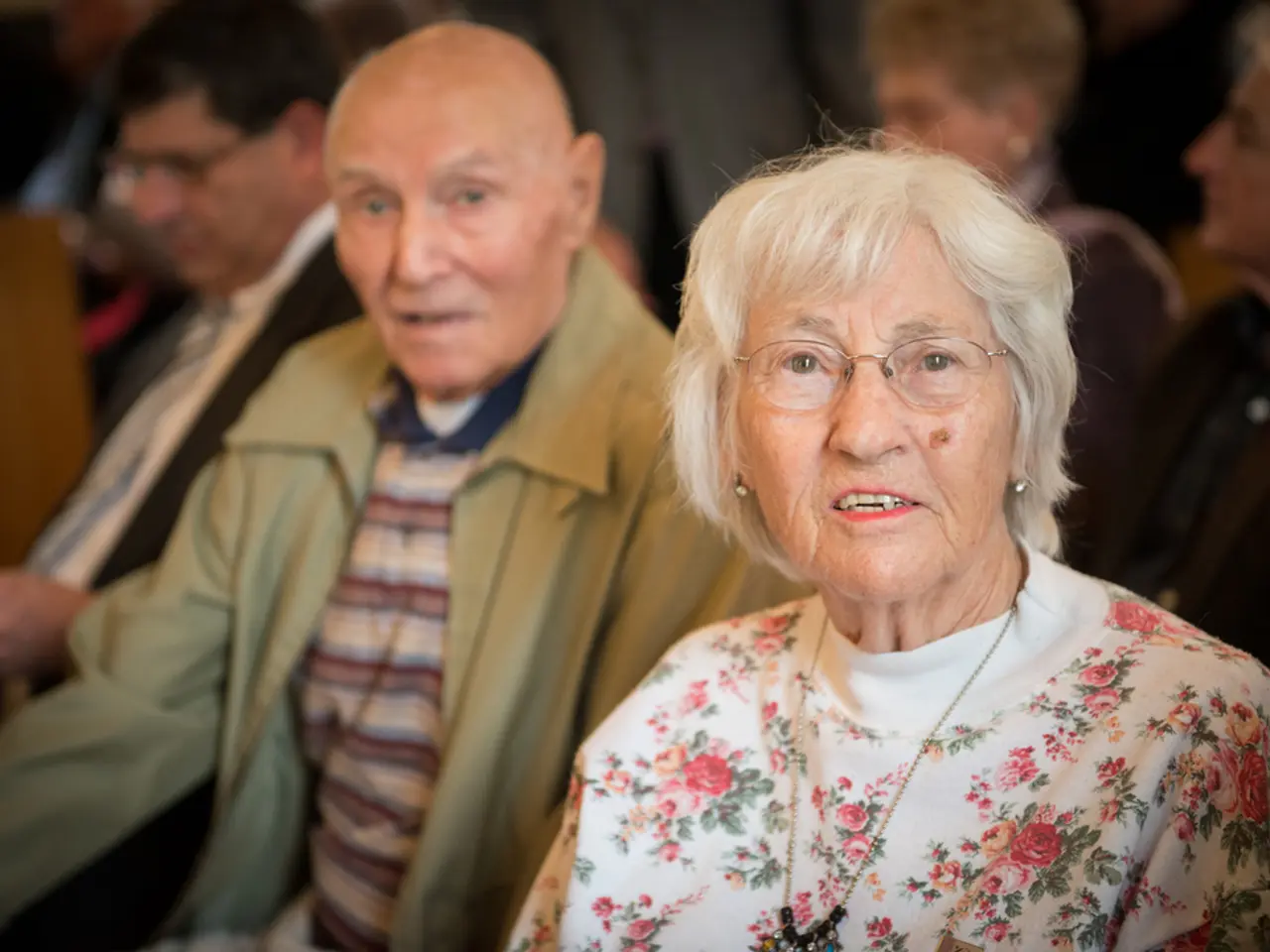Exploring the Nuances of Senior Legalities in Light of Cultural Sensitivities in Professional Setting
In the realm of elder law, understanding and respecting diverse cultural backgrounds and practices are crucial for effective legal services. This approach, known as cultural competence, plays a significant role in enhancing communication, building trust, and fostering respectful relationships between legal practitioners and elder clients.
Training and Education
Providing ongoing cultural competence training to attorneys and staff is essential. This training focuses on awareness of cultural differences, biases, and respectful communication, enabling more effective client interactions and tailored legal advice. Such training improves client satisfaction and outcomes.
Personalized Client Engagement
Recognizing and respecting cultural values, preferences, and family structures influencing elder law issues is vital. Customizing legal services to meet these cultural needs demonstrates respect and builds trust.
Inclusive Firm Culture
Developing a workplace culture that values diversity, equity, and inclusion is crucial. Law firms should implement mentoring and development initiatives for diverse attorneys and staff, fostering a sense of belonging among underrepresented groups.
Feedback and Empowerment
Creating space for open feedback from clients and employees on cultural competence efforts and empowering "cultural champions" within the practice to promote continuous improvement in cultural awareness and responsiveness is essential.
Ethical and Legal Compliance
Ensuring nondiscriminatory policies and practices align with legal guidance and avoiding any form of exclusionary or biased treatment is necessary. Follow DOJ guidance by basing decisions on legitimate, measurable qualifications and maintaining documentation to support fairness.
Communication Adaptation
Using interpreters or culturally appropriate materials when language barriers exist and employing listening skills to understand clients’ unique perspectives and circumstances better is key.
Building Trust and Empathy
Fostering empathy by encouraging legal professionals to step outside their own worldviews and respond thoughtfully to clients’ cultural experiences and concerns reduces misunderstandings and enhances relationships.
The intersection of elder law and cultural competence is increasingly relevant as the population of seniors becomes more diverse. Recognizing these cultural differences is vital for effective advocacy and achieving equitable legal representation for seniors.
Regular assessments and feedback mechanisms can monitor the effectiveness of cultural competence initiatives in elder law. Developing partnerships with community organizations can facilitate access to cultural resources and insights, allowing legal professionals to better comprehend the specific challenges faced by various populations.
Technological advancements, such as language translation software and culturally relevant legal databases, can bridge gaps in communication. Future directions in elder law will emphasize training legal professionals to understand and navigate diverse cultural backgrounds effectively.
In conclusion, implementing cultural competence in elder law practice ensures that legal services are culturally sensitive, supportive, and effective for diverse elder populations, ultimately leading to better client outcomes and stronger attorney-client relationships.
- To foster personalized client engagement, legal practitioners must understand and respect cultural values, preferences, and family structures influencing elder law issues, tailoring legal services to meet these cultural needs.
- Training and education initiatives for attorneys and staff in the realm of elder law, focusing on awareness of cultural differences, biases, and respectful communication, can improve client satisfaction and outcomes.
- Fostering empathy by encouraging legal professionals to step outside their worldviews and respond thoughtfully to clients’ cultural experiences and concerns can reduce misunderstandings and enhance relationships in the workplace-wellness context.
- Developing an inclusive firm culture that values diversity, equity, and inclusion is crucial, with mentoring and development initiatives for diverse attorneys and staff to foster a sense of belonging among underrepresented groups.
- Using technological advancements, such as language translation software and culturally relevant legal databases, can bridge gaps in communication and enhance the effectiveness of therapies and treatments in elder law.
- In the health-and-wellness sector, addressing mental-health issues in men and women separately, as part of their unique health-and-wellness needs, can contribute to successful career development and personal-growth initiatives.
- The growing diversity in the senior population necessitates a focus on the intersection of elder law and cultural competence, aiming for equitable representation through nondiscriminatory policies and practicing cultural competence in the realm of Medicare and healthcare services, including mens-health, womens-health, and skin-care issues.




